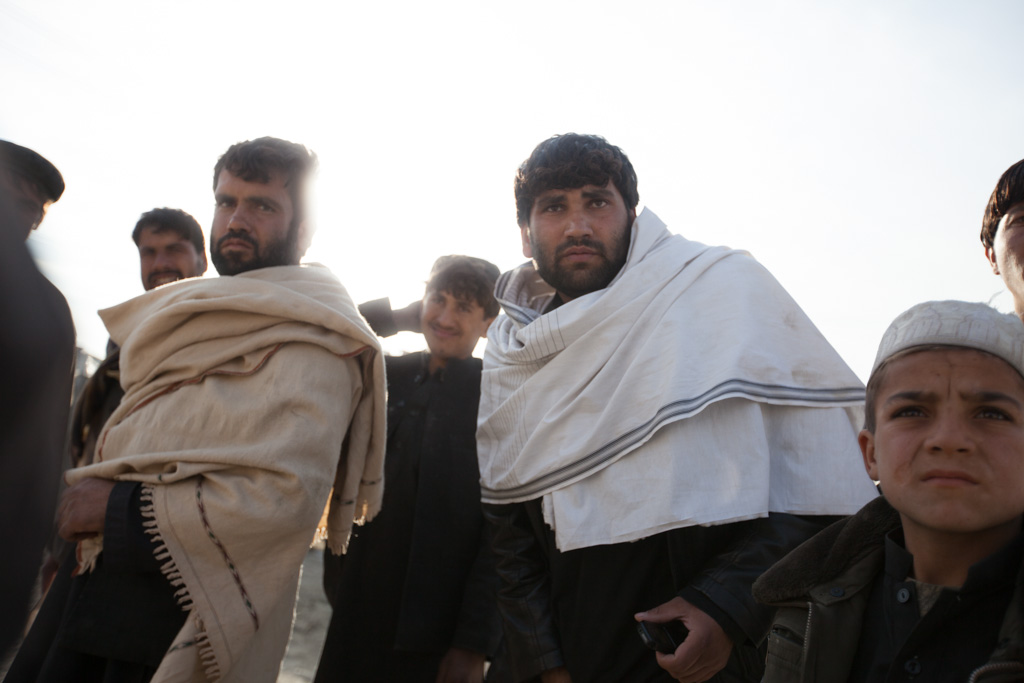I wrote the following article for a research paper In the Hands of God: A Study of Risk & Savings in Afghanstan, but since it didn’t quite fit the central narrative, I’ll publish it here.
~
How do you feel when you’re asked to do travel somewhere interesting but that carries a slightly higher risk of injury, kidnap or death?
I’ve run a number of studies to “lively” places, that carry with them a different risk profile than one normally encounters on corporate research. In each case I’ve needed to pull together a team that can stand up to the technical, physical and emotional rigours of the work. This is what I learned about “the ask”.
The practical aspects of planning a short (~1 month) study in higher risk environments are relatively straightforward to pull together, but many are less-unprepared for the emotional highs and lows before, during and after the field study.
Each of these stages is amplified by whom the researcher talks to and how, for example early on whether they overstate the adventure, the motivations for sharing (such as for desired respect or acclaim of peer group) and the reaction to what was shared, any bravado in communicating risks. How this plays out can be a reflection of emotional maturity, and some to psychological fit to this kind of work. While experience dampens the lows and tempers the highs, there is good reason for maintaining a heightened sense of awareness (and the emotional trajectories that come from this). It is recommended to share plans with one or two trusted friends, rather than broadcast intentions to the social graph.
Providing decompression-time after departure but before re-entry into home and work-life significantly softens the landing, helps process the experiences and sets the researcher up for the next trip. The realization that, in a country with so many swirling vested interests whatever you think you know, there is always more that you don’t.
If you liked this, you might also appreciate: Managing Expectations in Organisation.
Based on this sparse original post.
Photo? Gents at a truckstop on the outskirts of Kabul.

